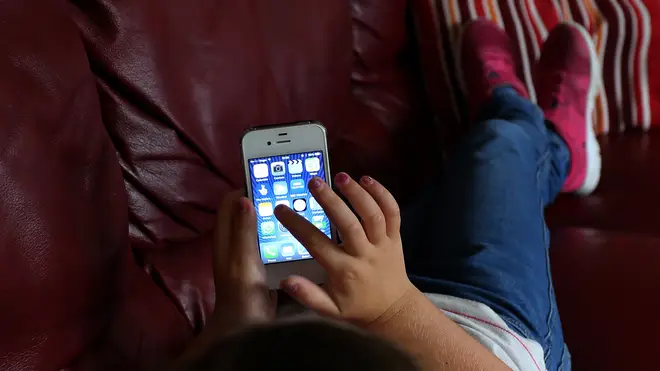
Dom Joly 7pm - 10pm
14 April 2021, 00:04

While parents are worried about their children’s online money habits, only 18% have spoken to them about the issue in the last six months.
Parents are worried about children spending money on video games and apps but few regularly talk to them about it, research suggests.
According to a poll of 2,000 mothers and fathers by Internet Matters, 43% are concerned about youngsters making purchases such as loot boxes, with more than a third (38%) particularly troubled about gambling.
However only 18% have spoken to their children regarding the matter in the last six months.
It comes after a report by the University of Plymouth and the University of Wolverhampton concluded that loot boxes “are structurally and psychologically akin to gambling”.
Loot boxes are collections of items inside video games that can be purchased with real money or earned through playing time, often consisting of power-ups or cosmetic items; however, players do not know the contents of a loot box until it is bought and opened.
The Government is already looking into whether loot boxes expose children to gambling behaviours.
Dr Linda Papadopoulos, child psychologist and Internet Matters ambassador, said: “While children may know their way round the latest online video game, many are in over their heads when it comes to understanding the value of money, which is why we see so many headlines about kids accidentally racking up thousands of pounds online.
“Just like it’s natural for us to advise children how to spend their pocket money in the offline world, we need to help them in the online world.
“It’s important for us to have conversations with them about the risks of spending money online and how they might be susceptible to fraud, scams or other financial harms.
“Also talk to your child about peer pressure they might feel. We know from recent reports that kids have spent hundreds of pounds on items such as loot boxes where they are unsure of the rewards just to keep up with their friends.”
Online child safety advice organisation Internet Matters has launched a new hub to help parents address the issue, with advice on in-game spending and new trends, such as gifting influencers, where people can send internet stars paid-for virtual coins or other items.
Chief executive Carolyn Bunting said: “From our research it’s clear that spending money online is now a part of children’s digital life from a young age.
“It’s worrying to see that, while parents are concerned about their children spending money online, many aren’t having regular conversations with their child about it.
“As parents, we should encourage our children to think critically about the money they spend online and familiarise ourselves with the games and the apps that our children are using – most will have controls and settings which will prevent any unauthorised spending.”